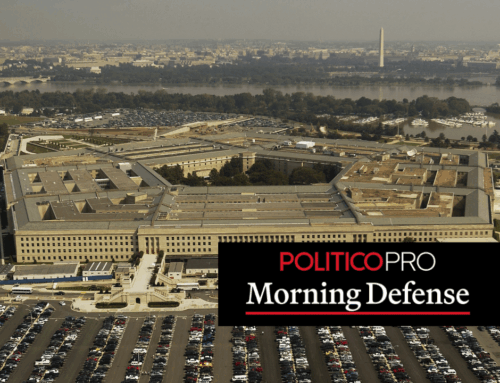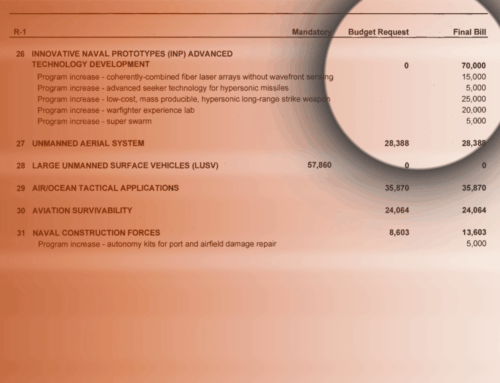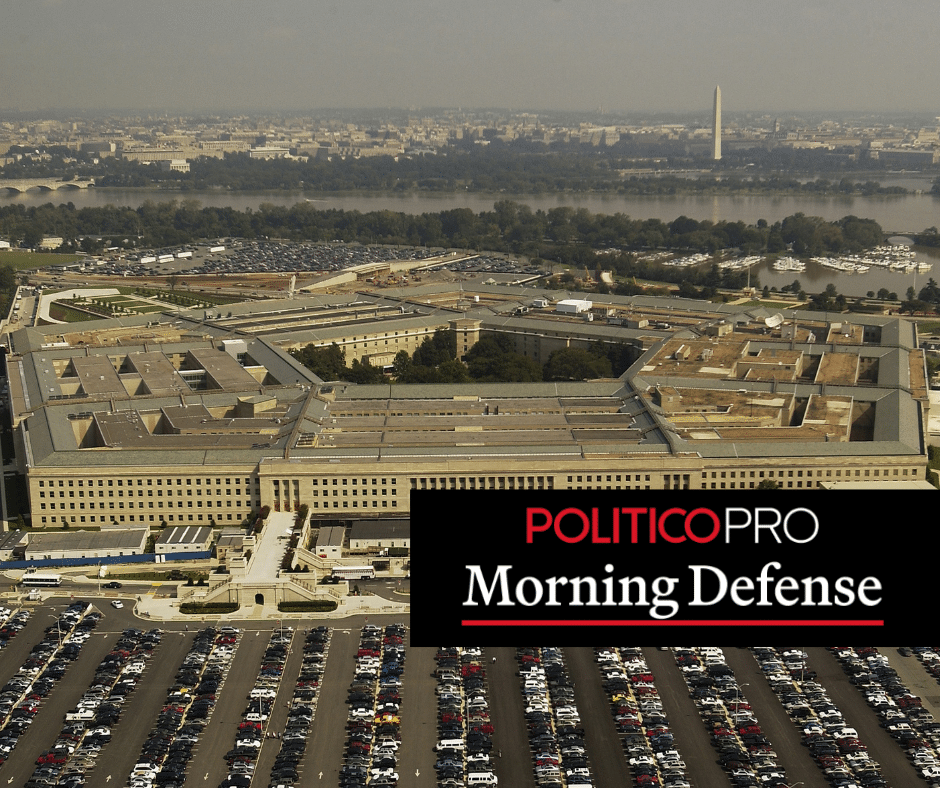The longest government shutdown in American history is over. And while federal workers are back on the job and lawmakers are in town, most of the government is operating under a temporary spending bill through January 30. The deal leaves the biggest issues unresolved, from enhanced health insurance subsidies to immigration and border funding, while doubling as a vehicle for unrelated, last-minute add-ons. In the end the deal epitomizes Washington. Plenty of disruption, little progress on the central issues, and more than a little self-dealing.
After forty-three days wandering the legislative desert, the government is creaking back to full operation. The deal signed late Wednesday provides full-year funding for agencies covered by three appropriations bills; Agriculture (which includes funding for the FDA), Legislative Branch, and Military Construction/Veterans Affairs. That means the people in charge of farm subsidy implementation, that inspect food, approve drugs, provide care for veterans, and staff Congress are back on the job and free from threats of furloughs. The rest of the government, from active-duty military to TSA, has funding security only through January 30. And like previous spending deals, this must-pass bill attracted its share of riders, including a passel of Medicare payment extensions and veterans’ programs. But it also included the often nefarious “Miscellaneous” section.
This final car added to the legislative train leaving Capitol Hill station gives lawmakers a get out of jail free card for the deficit impact of the One Big Beautiful Bill Act. Under current law, increases in mandatory spending and tax cuts that increase deficits are supposed to offset by future spending cuts or revenue. This budgetary rule, known as PAYGO, stems from the deficit fight in 2010 and is intended to stop lawmakers from piling new debt on top of the existing $38 trillion. In this case it would have triggered up to 4% cut to Medicare provider payments and reductions across non-exempt mandatory accounts. Instead Sec. 8001 Budgetary Effects resets the PAYGO scorecard to zero when this Congress adjourns. The $3.4 trillion increase in deficits from OBBBA and other deficit spending disappears. Don’t worry about it. It’s just Monopoly money.
Sec. 213 of the bill could also send actual payments to Senators. It allows Senators to sue the government for up to $500,000 each time prosecutors seek a senator’s phone records or data without first informing the office, retroactive to January 1, 2022. This is a direct response to special counsel Jack Smith’s subpoena of Senate records during his investigation of the January 6th insurrection and attack on the Capitol. Whether this is a wise policy or not hasn’t been debated. The provision was not in the base Legislative Branch bill. It appeared from thin air, reportedly at the direction of Majority Leader Thune (R-SD), with the support of Minority Leader Schumer (D-NY). Whether this is the right way for the Senate to assert its institutional interests against the executive branch is up for debate. Inserting legislation in secret, at the last minute, on a must-pass bill without debate is definitively not good policy.
It’s also not rare. The same thing happened with industrial hemp. Sec. 781 of Division B modifies the definition of industrial hemp to effectively ban products that contain THC derived from hemp. The 2018 farm bill legalized the production of industrial hemp, a plant cousin to marijuana, but which has too little THC to produce intoxicating effects. Entrepreneurs, however, have taken to refining this industrial hemp to extract the THC into higher concentrations and include it in food and beverages. This loophole has been in existence since 2018. Lawmakers have debated closing it every year, but haven’t. They even debated it as part of the 2025 farm bill, but it was left intact. As recently as this summer senators debated changing this provision but failed to reach agreement. Now, in the dead of night without debate, the change is made. Whatever the merits, lawmakers couldn’t win in the open, so they make changes in the shadows.
The bill isn’t all fiscal doom and gloom. House efforts to defund the Government Accountability Office – the nonpartisan watchdog arm of Congress – were turned back, and this important agency of transparency keeps its funding and authority. The bill follows the law and guarantees pay for all furloughed federal workers. It also reverses all Reduction-In-Force (RIF) firings carried out during the shutdown and prohibits any new ones during the period covered by the bill. And there appear to be provisions, in the bill report, if not always in the legislative text, where Congress is demanding more transparency from the administration.
Unfortunately, this might have been the easy part. Nine appropriations bills remain unresolved, including the politically contentious Homeland Security (border and immigration funding) and Labor-Health and Human Services-Education (education spending and social welfare policies). Enhanced health care subsidies expire at the end of the calendar year, and Democrats have signaled that renewing them may be a condition for any future spending deal. And whether the administration follows congressional directives or continues to pursue selective impoundments, RIFs, and expanded “emergency” powers is anyone’s guess.
Government workers are back at work. Now it’s time for lawmakers to get back to the work of governing.










